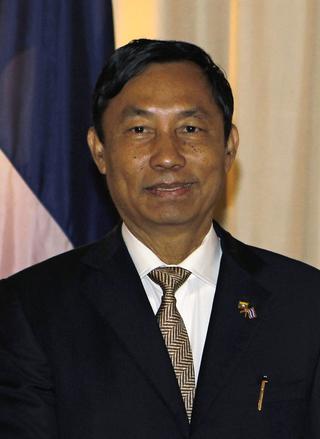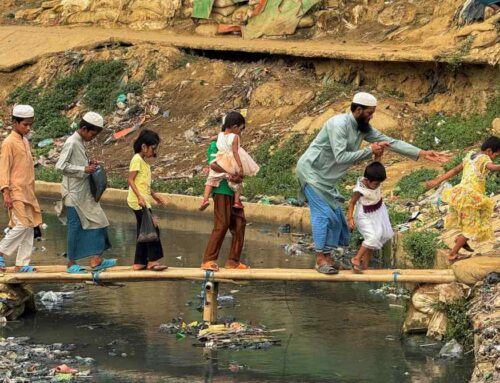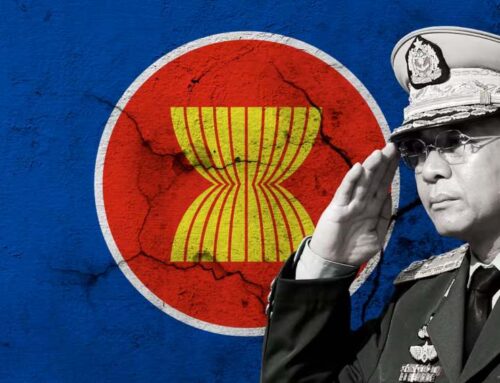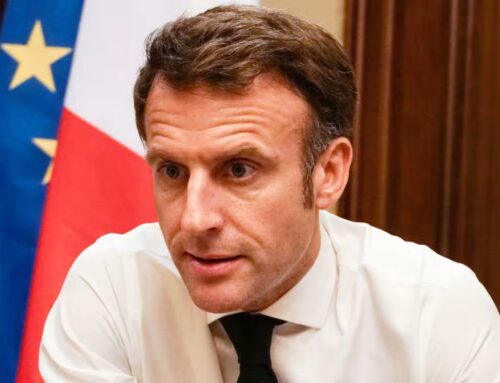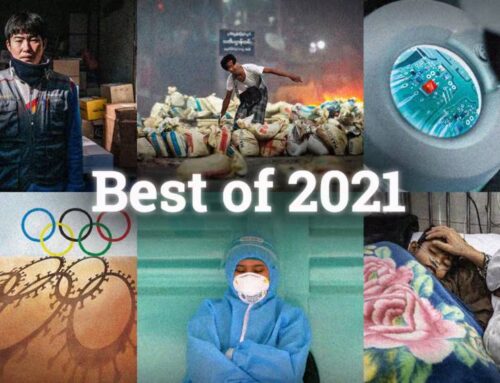Hang on, Yangon
Power games beget curious alliances{1st Photo Caption: Myanmar’s influential parliamentary speaker Shwe Mann, pictured on a visit to Bangkok in Thailand in Sept. 2013. © Reuters}
COVER STORY
Hang on, Yangon
Power games beget curious alliances
GWEN ROBINSON, Nikkei senior Asia editor
November 21, 2013 12:00 am JST
NAYPYIDAW — In Myanmar’s fledgling democracy, an increasingly tense political dynamic is taking root. It has already produced strange new alliances between old foes and previously unthinkable rivalries between former allies. Much of the dynamic stems from early maneuvering for the presidency in elections scheduled for late 2015. But other urgent issues are at stake in a country where vested interests, entrenched over decades of secretive military rule, are being pushed aside and economic and political opportunities are coming thick and fast.
The powerful parliamentary speaker, Shwe Mann, a declared candidate for the presidency, has launched what many see as a fresh charge against his former military comrade, President Thein Sein.
The speaker surprised observers in late October by telling media that Thein Sein had assured him he would not seek a second term. “I think he meant what he said. He is not running in the election,” Shwe Mann said.
In what was widely seen as a veiled warning to the president, Shwe Mann also said he had recently met the former dictator Than Shwe, who was “concerned” about the country’s political direction and worried that “things might go wrong.” Than Shwe is seen by many as a shadow political puppet master, though some government insiders say his influence has diminished. He voluntarily stepped aside after choosing Thein Sein, then prime minister, to run for president in 2010. Many saw Shwe Mann was the natural heir.
Setting the pieces
Shwe Mann’s October revelations drew an unusually blunt reaction from the presidential spokesman, Ye Htut, who told local media that any remarks by the president to the speaker are strictly private and “should not have been shared with the media.”
Many saw the speaker’s indiscretion as a crude attempt to force Thein Sein’s hand and give him a lame-duck image. “In this sense, his strategy seems to have been miscalculated,” said a leading Yangon consultancy, Vriens, in a client newsletter, noting that a declaration of candidacy can have little bearing on the outcome. “The president can easily avoid giving a clear answer, because under Myanmar’s presidential electoral college system–anyone who meets eligibility criteria can be nominated.”
Shwe Mann was the third-highest official in the military regime and outranked Thein Sein. He took over the symbolically important chairmanship of the military-backed ruling party, the USDP, in May. Since then he has stepped up pressure on the president — mounting an extraordinary verbal attack on one of his top ministers, peace negotiator U Aung Min, in parliament in July.
Genuine, begrudging respect
Surprisingly, Shwe Mann’s criticisms have been given support from Aung San Suu Kyi, leader of the opposition NLD party and a former supporter of Thein Sein’s. She, too, has presidential ambitions, and while she is a potential campaign rival to Shwe Mann, the two have developed what one parliamentarian described as “a relationship of mutual need and genuine respect.”
They meet frequently when parliament is in session and echo strikingly similar views on many issues. For instance, Suu Kyi said at the World Economic Forum in June that “nothing much has changed” under Thein Sein — an identical criticism voiced by Shwe Mann.
More tellingly, Shwe Mann has expressed strong support for changing the constitution to enable Suu Kyi to be eligible for the presidency. Suu Kyi married and had children with a foreigner, which under the current constitution prevents her from becoming president.
The big question is how the two might accommodate each other’s presidential aspirations. Some analysts believe the pair have a secret deal to each have a presidential term. Others say a potential solution under discussion in parliament is a shift to political model that would enable a president and prime minister to share power.
Other contenders will inevitably emerge. Among the most likely is the commander-in-chief, Senior General Min Aung Hlaing.
Source Link: NIKKEI ASIAN REVIEW
